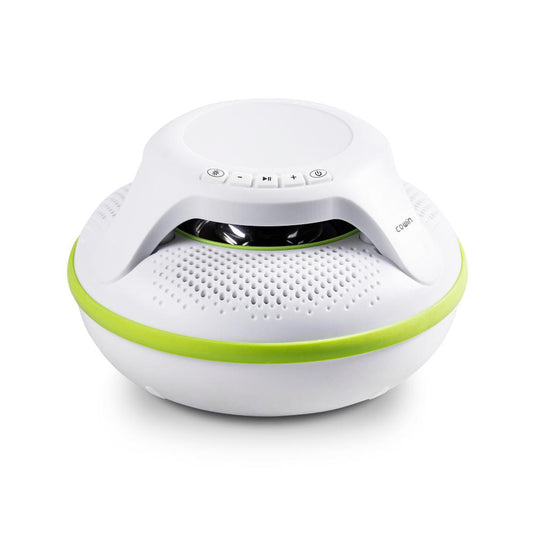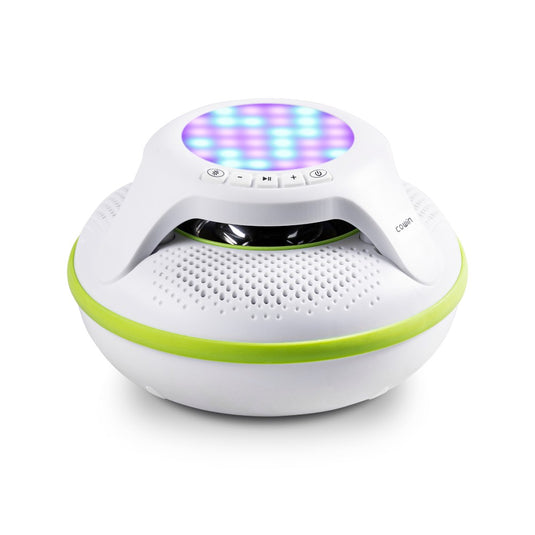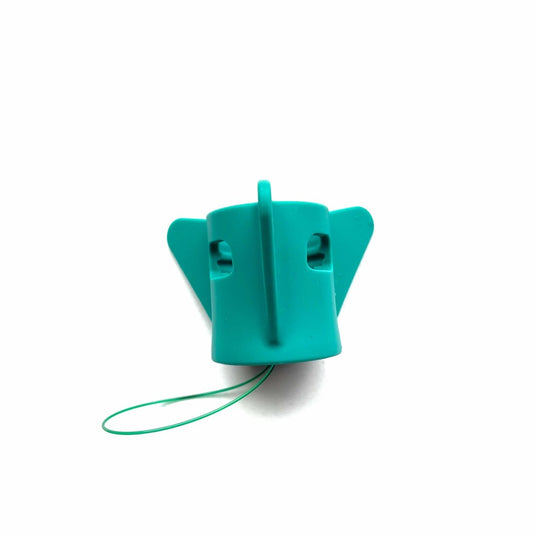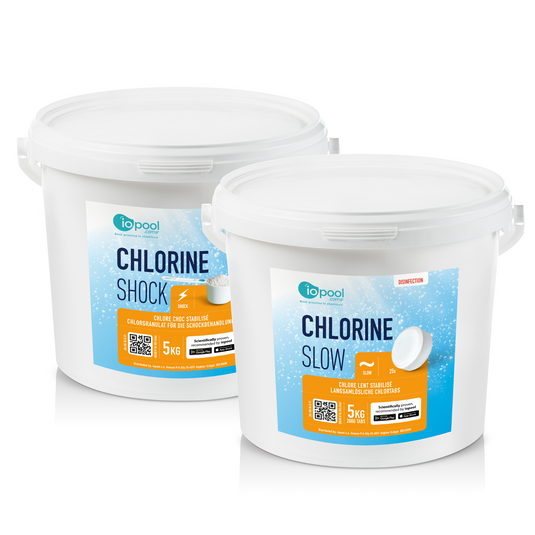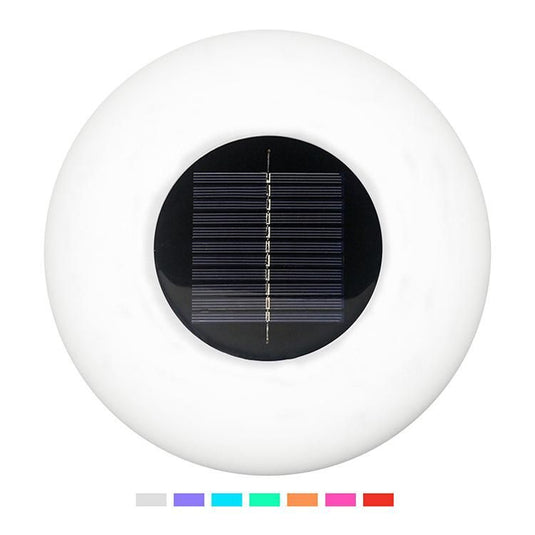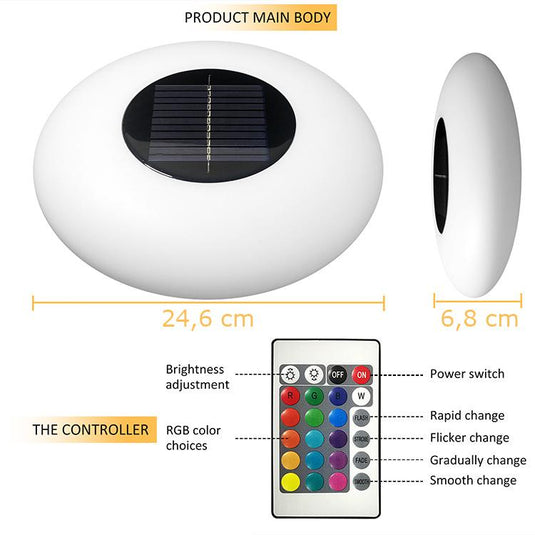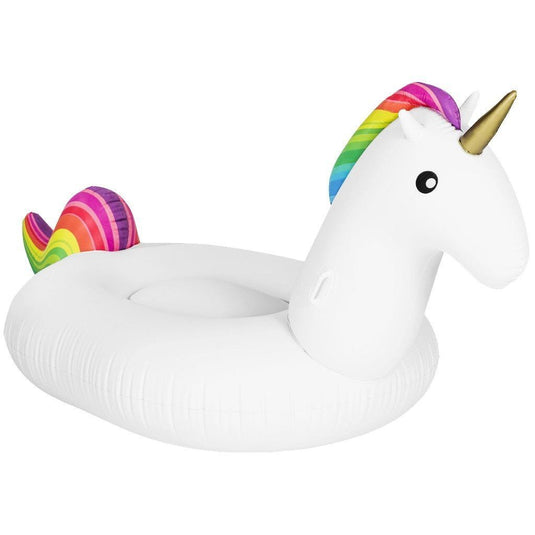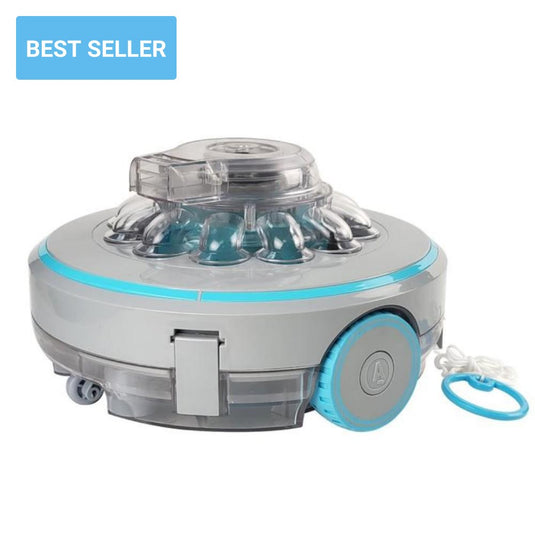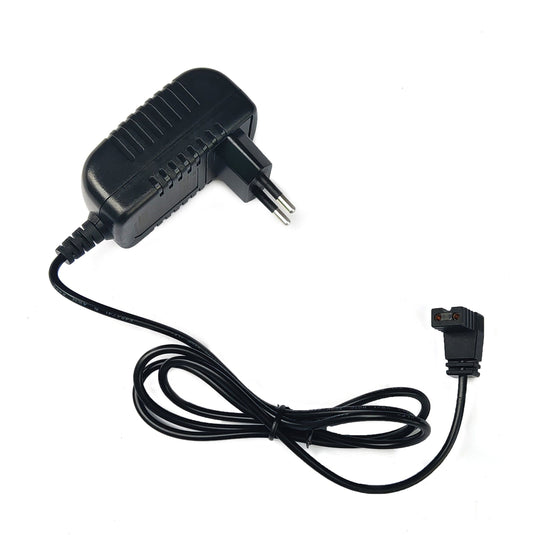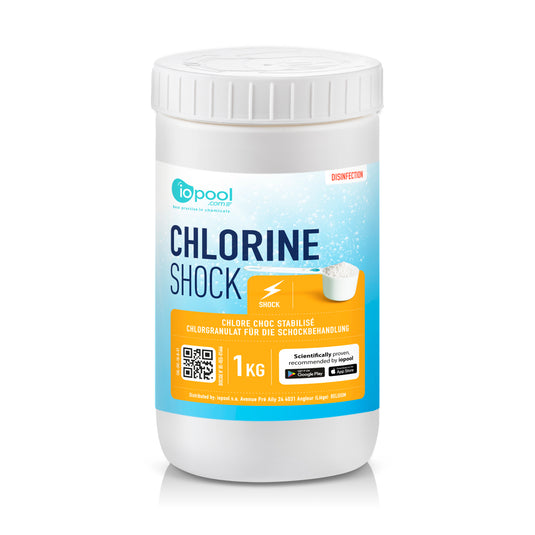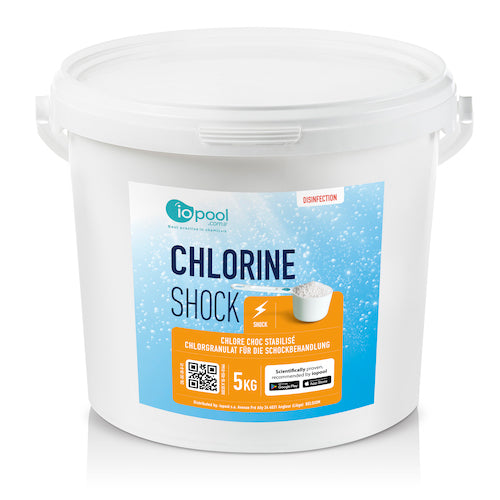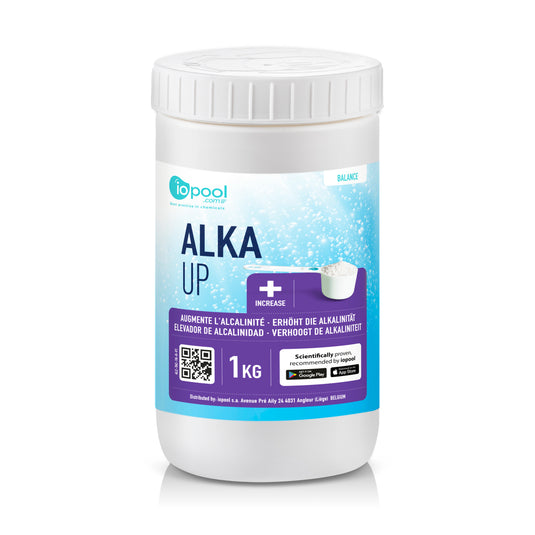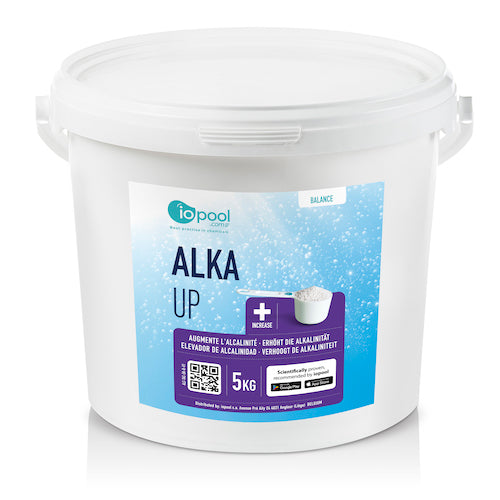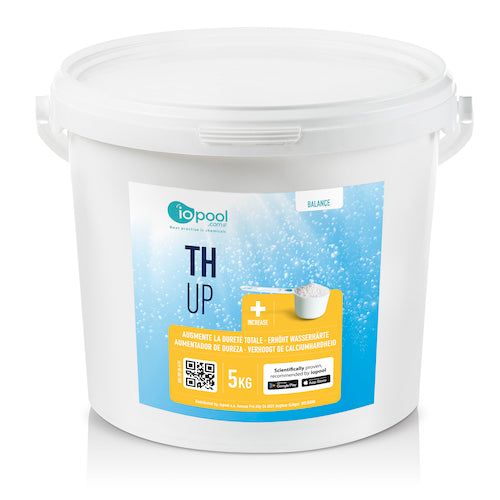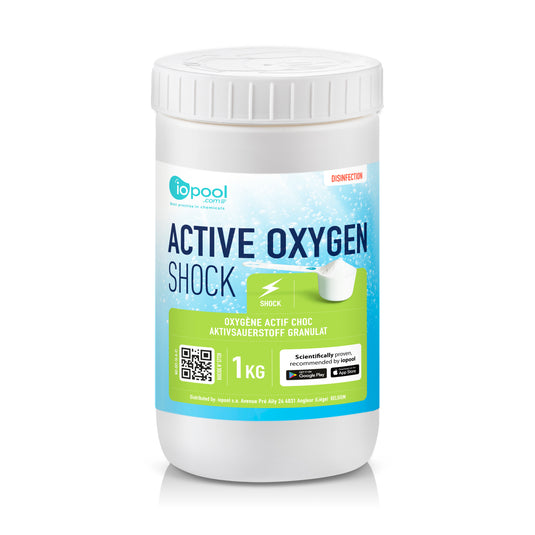The Impact of Weather on Your Pool and What You Can Do About It

You may not realize it, but the weather can really affect your pool and throw off its chemistry. Things like rainwater and sunlight can turn your pool into a breeding ground for harmful microorganisms. And if it isn’t addressed, you may end up with murky and filthy water. But, don’t worry — we’re here to help. Keep reading to learn about the relationship between the weather and your pool water.
Pool Water on Rainy Days/During Spring
A light drizzle isn’t a reason to worry, but heavy rainfall can present a huge problem. Excess rain dilutes the chemicals in your pool and throws off its chemistry.
Imbalanced chemistry prevents essential chemicals from doing their job. This increases the chances of green and cloudy pool water.
Rainwater also washed bacteria, dirt, algae spores, and other particles into your pool. These elements can attack chlorine and hamper its sanitizing power.
What You Can Do
After a rainstorm, you discover that debris and rainwater have infiltrated your pool — what should you do?
Here is a list of steps to help you reverse the weather damage and get your pool back in pristine shape:
Check Your Water Level
If your water is past mid skimmer level, slowly drain your pool to bring it down. You can do this with your pool pump
- Set your pump to “Wash” or “Backwash”;
- Connect your backwash hose;
- Turn on your pool pump.
Remove Debris From the Pool
Remove debris from the pool deck and use a hose to wash away dirt. Next, connect a leaf net to your pool cleaning pole and remove trash from the water’s surface. Also, don’t forget about debris inside your skimmer and pump baskets. If you want to simplify this, think about purchasing a cleaning robot. If you have an above-ground pool, we recommend you to check our Aquajack600 which is a really nice quality/price choice.
Turn on the Pump and Filter
After getting rid of debris, it’s time to get your water circulating again. This removes contaminants that are too small for the skimmer.
This is also an excellent time to turn on your pool heater to start warming up your water.
Shock Your Pool
Before you start adjusting chemicals, you should shock your pool first. For example, after heavy rainfall, your chlorine levels are depleted, and shocking gives your chlorine levels a little boost.
Brush or Vacuum Pool Floor
Grab a pool brush and scrub the pool’s walls and stairs. Although they may look clean, some contaminants are still lingering, waiting to grow into a full-blown infection.
Once you’re done scrubbing, connect your vacuum to the skimmer and clean the pool floor. If you don’t have a vacuum, you can use your brush to push debris towards the main drain.
Test Your Water
Checking your water’s chemicals is one of the most critical steps for rehabilitating your pool after it rains. Why? Pool chemistry is what keeps your pool clean moving forward. And it will keep algae and cloudiness at bay.
How does rain affect pool chemistry?
- Acid rain causes pool water’s pH to decline;
- Chlorine loses its effectiveness when the pH is imbalanced;
- Rainwater decreased total alkalinity;
- Heavy rain brings contaminants into your pool — which reduces chlorine levels.
What should your pool chemical levels look like?
- pH: 7.4 to 7.6;
- Total alkalinity: 80-120ppm;
- Calcium hardness: 100-300 ppm (the lower, the better);
- Chlorine: At least 3ppm.
You can use regular pool water testing strips or opt for a digital pool monitor. Our pool monitor allows you to gauge your pool’s water chemistry from your mobile phone.
Adjust Chemicals
After testing your chemicals, you should know what needs adjustment. Here’s a cheat sheet for balancing your pool water’s chemistry:
- Adjusting pH;
- To increase: Use pH+;
- To decrease: Use pH-.
- Adjusting Total Alkalinity;
- To increase: Use baking soda;
- To decrease: Use dry acid.
- Adjusting Calcium Hardness.
- To increase: Add TAC+;
- To reduce: dilute your water.
Get a Pool Cover
You don’t want all of your hard work to be in vain, do you? A great way to prevent rainfall from ruining your pool is to invest in a high-quality pool cover. If you have an above-ground pool, check our article.
A pool cover helps keep debris and rainwater out of your pool. They can also be multifunctional. For example, some pool covers keep your pool clean and preserve the water’s warmth.
Pool Water on Sunny Days/During Summer
Hot, clear sunny days are the perfect time to enjoy a dip in the pool. However, the heat poses a few risks for your pool’s water quality. When the sun is blazing, UV rays can destroy chlorine.
Your water is also more susceptible to algae growth on hot and humid days. All this green microorganism needs is water and sunlight — so a pool in the summer provides the perfect conditions.
Pool water also begins to evaporate quickly during hot days.
Lastly, frequent pool use can introduce contaminants into the water. Swimmers can bring oils, sunscreen, sweat, dirt, and hair products. All of these factors can wreak havoc on your pool’s chemical balance.
What You Can Do
Taking precautions and staying on top of your water’s quality is crucial in summer. Here are a few ways you can keep your pool sparkling and sanitized:
Use a Chlorine Stabilizer
Look at a stabilizer as sunblock for your chlorine. It prevents the sun from breaking down chlorine. You can purchase a stabilizer by itself or buy stabilized chlorine — chlorine with added stabilizer.
You only need to add a stabilizer when required or when cyanuric acid levels drop below 30 ppm. Overstabilizing the water will decrease the effectiveness of your chlorine.
Get a Pool Cover
A pool cover helps reduce water and chlorine evaporation. You can choose from a variety of pool covers.
If you have an above-ground pool, we recommend the SunnyTent. It protects your pool from water loss, and you can even use your pool while under the SunnyTent.
Use a High-Quality Algaecide
Chlorine is the number one defense for algae, but why take extra precautions with an algaecide?
An algaecide depressant keeps algae at bay without disturbing your pool’s chemistry.
Circulate Your Pool
Be sure to run your main pump at least eight hours a day. The pump helps keep your water clear. We recommend running the pump for extended periods if you have a saltwater pool.
Keep Filters Clean
Ensure your filters are functioning by keeping them clean and free of debris. Operate the filtration system for at least six hours a day.
Maintain Proper Water Chemistry
Your pool water should be tested and treated at least once a week. In addition, regularly checking your water chemicals ensures your water stays clean and free of bacteria and algae.
Be Prepared for All Weather With iopool
Don’t let the weather ruin your pool. The tips listed in the guide will help you maintain a healthy and clear pool regardless of what Mother Nature brings.
Visit our shop to stock up on pool essentials.

